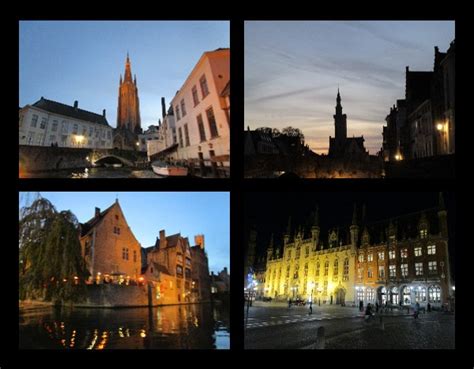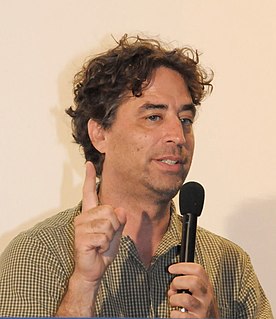A Quote by Ralph Waldo Emerson
Truth is too simple for us: we do not like those who unmask our illusions.
Related Quotes
In vain do we seek tranquility in the desert; temptations are always with us; our passions, represented by the demons, never let us alone: those monsters created by the heart, those illusions produced by the mind, those vain specters that are our errors and our lies always appear before us to seduce us; they attack us even in our fasting or our mortifications, in other words, in our very strength.
Our heroes are simple: they are brave, they tell the truth, they are good swordsmen and they are never in the long run really defeated. That is why no later books satisfy us like those which were read to us in childhood - for those promised a world of great simplicity of which we knew the rules, but the later books are complicated and contradictory with experience; they are formed out of our own disappointing memories.
There's nothing wrong with celebrating the good things in our past. But memories, like witnesses, do not always tell the truth, the whole truth, and nothing but the truth. We need to cross-examine them, recognizing and accepting the inconsistencies and gaps in those that make us proud and happy as well as those that cause us pain.
Let's call this then, only half facetiously, a new patristic, in which the intellectual is charged with the task not only to denounce error and unmask illusions, and not only to incarnate the mechanisms of new practices of knowledge, but also, together with others in a process of co-research, to produce a new truth. -- Commonwealth, 118
Truth has power. And if we all gravitate toward similar ideas, maybe we do so because those ideas are true...written deep within us. And when we hear the truth, even if we don't understand it, we feel that truth resonate within us...vibrating with our unconscious wisdom. Perhaps the truth is not learned by us, but rather, the truth is re-called...re-membered...-re-cognized...as that which is already inside us.
The true wisdom of the philosopher ought to insist in enjoying everything. Yet we apply ourselves to dissecting and destroying everything that is good in itself, that has virtue, albeit the virtue there is in mere illusions. Nature gives us this life like a toy to a weak child. We want to see how it all works; we break everything. There remains in our hands, and before our eyes, stupid and opened too late, the sterile wreckage, fragments that will not again make a whole. The good is so simple.
The complexities of adult life get in the way of the truth. The great philosophers have always been able to clear away the complexities and see simple distinctions - simple once they are stated, vastly difficult before. If we are to follow them we too must be childishly simple in our questions - and maturely wise in our replies.
Our senses perceive no extreme. Too much sound deafens us; too much light dazzles us; too great distance or proximity hinders ourview. Too great length and too great brevity of discourse tends to obscurity; too much truth is paralyzing.... In short, extremes are for us as though they were not, and we are not within their notice. They escape us, or we them.
Avoid all refined speculations; confine yourself to simple reflections, and recur to them frequently. Those who pass too rapidly from one truth to another feed their curiosity and restlessness; they even distract their intellect with too great a multiplicity of views. Give every truth time to send down deep root into the heart.
But compassion is a deeper thing that waits beyond the tension of choosing sides. Compassion, in practice, does not require us to give up the truth of what we feel or the truth of our reality. Nor does it allow us to minimize the humanity of those who hurt us. Rather, we are asked to know ourselves enough that we can stay open to the truth of others, even when their truth or their inability to live up to their truth has hurt us.









































